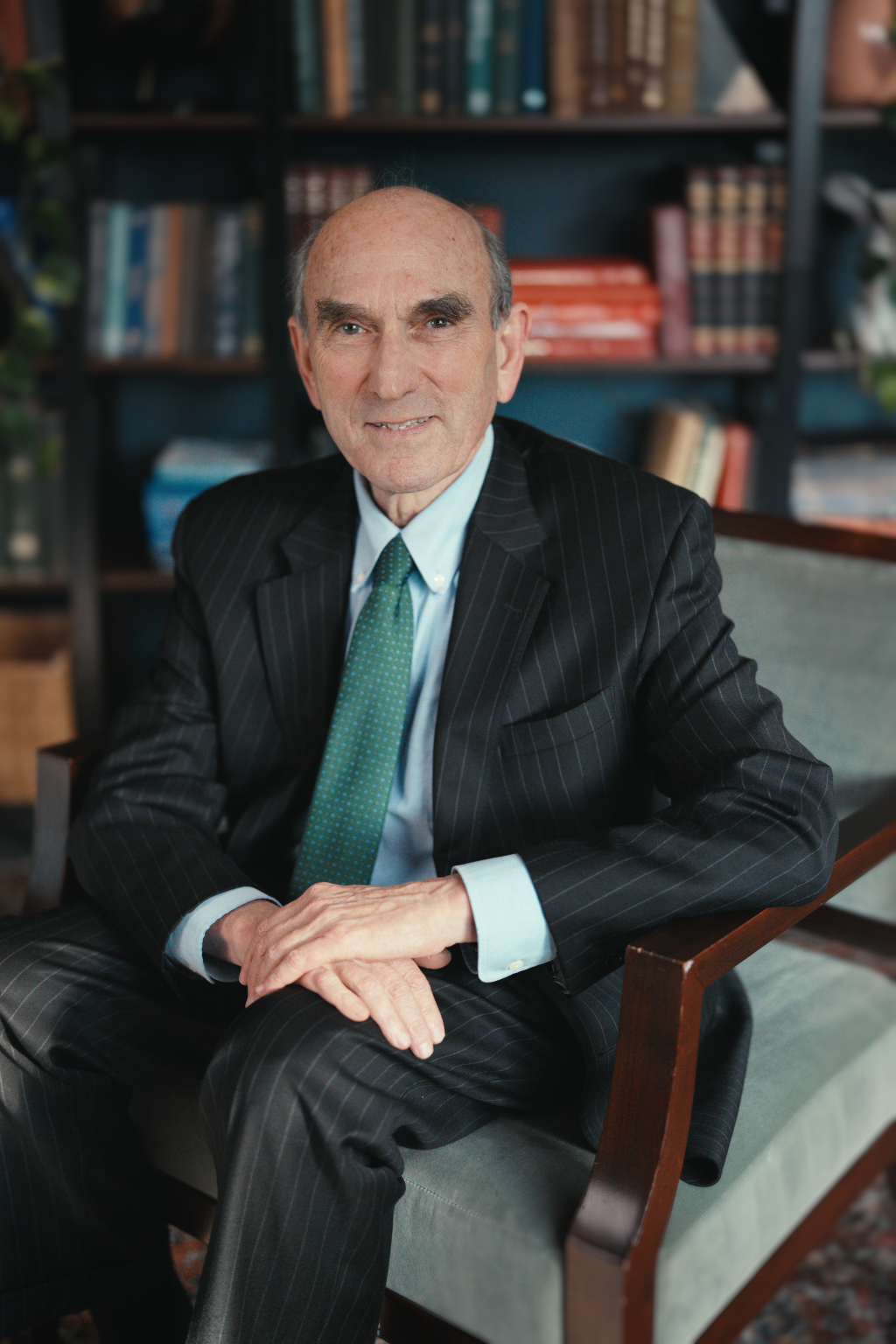Cuba and Terrorism
President Obama has moved to take Cuba off the “terrorism list.” The administrations defends its move in a lengthy memorandum from the State Department to Congress, but the more they explain it the less defensible it seems.
The problem is that the memorandum defends not only the Obama decision, but the Castro regime. With the help of an accounting by Capitol Hill Cubans and an article by James Kirchick in the Daily Beast, here are some things to keep in mind.
--The State Department says Cuba will now meet with us to “resolve” the cases of American terrorists and killers who’ve been given safe haven in Havana, but one would have to be a fool to think they will hand anyone over. Joanna Chesimard participated in the killing of a New Jersey state trooper in 1973, was convicted and jailed, and escaped to Cuba. Anyone placing bets on how likely it is that Castro will turn her in?
--What about other terrorists? Cuba protects terrorists from the Basque ETA and the Colombian FARC, for example. If Cuba does not support terrorism, what are they doing living safely in Havana?
--Then there’s North Korea. Kirchick reminds us that “In 2013, the Panama Canal Authority seized a North Korean-flagged ship ferrying undeclared weapons and armaments—including two Soviet-era MiG fighters and surface-to-air missile systems—from Cuba. According to a United Nations report on the seizure, commissioned in respect to Havana’s violation of a Security Council-imposed arms embargo on the North, the shipment ’constituted the largest amount of arms and related materiel interdicted to or from the Democratic People’s Republic of Korea since the adoption of [UN Security Council] resolution 1718,’ prohibiting the transfer of various weapons.” The best you can say is that perhaps this wasn’t Cuban support for terrorism, just support for North Korean aggression, subversion, and repression.
--How do we know Cuba has not recently supported terrorism and won’t soon do it again? Why, Castro says so. We have his word. The memorandum from State says that Cuba has told us, in writing, that “Cuba rejects and condemns all terrorist acts, methods and practices in all its forms and manifestations. It likewise condemns any action intended to encourage, support, finance or cover up any terrorist act, method or practice....The Government of Cuba has never supported, nor will it ever support any act of international terrorism.” These statements are false, because we know full well that in the past Cuba has supported acts of terrorism and terrorist groups. And as noted above, we know that Cuba continues to harbor terrorists from several countries including the United States. Isn’t that support for terrorism?
--Here’s a lovely insight into Cuba’s solidarity with the United States in the battle against terrorism. After 9/11, “up to 20 Cubans walked into U.S. embassies around the world and offered information on terrorism threats. Eventually, all were deemed to be Cuban intelligence agents and collaborators, purveying fabricated information. A White House official complained bitterly and publicly in 2002 that Fidel Castro’s agents had tried to send U.S. intelligence on ’wild goose’ chases that could cost lives at a time when Washington was reeling from the worst terrorism attacks in history.”
Is it U.S. policy now to just let bygones be bygones, so continuing to allow Americans killers to escape the law just doesn’t matter? Perhaps so: the president said recently that “the United States will not be imprisoned by the past” and that “I’m not interested in having battles that frankly started before I was born.” But the Cuban move after 9/11 wasn’t before Mr. Obama was born; it was just eight years before he was president. And as for being “imprisoned by the past,” perhaps someone should ask the widow and children of Woerner Foerster about that. He was the New Jersey state policeman in whose killing Chesimard participated.
